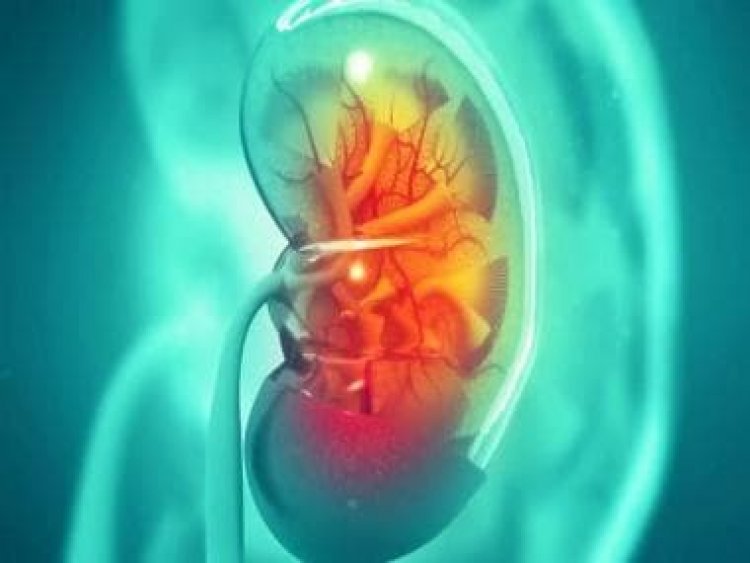Monsoon and kidney health: Why people with renal issues are vulnerable during rainy season
Monsoon and kidney health: Why people with renal issues are vulnerable during rainy season

The monsoon season in India is a welcome change from the sweltering summer but brings along its health challenges. The change in temperature and humidity combined with dampness in our environment increases the risk of infections.
Infections that occur in India commonly are due to contamination of food and water like typhoid, acute gastroenteritis, hepatitis A, and E, and those transmitted by vectors including malaria, leptospirosis, and dengue. All of the above are more prone to happen in the context of the monsoon period due to the combination of favourable environments and susceptible hosts. Extremes of age and pre-existing illness increase the risk of Kidney disease, particularly of temporary nature.
1. Food and water contamination
During the humid conditions in the monsoon due to dampness, flooding of streets, and clogging of drainage is a high likelihood of water contamination raising the risk of food and water-borne illness.
Effective protective measures include:
- Hand hygiene washing with soap and water
- Drinking boiled water or bottled water
2. Fruits
Fruits would have potential benefits including anti-inflammatory actions but are prudent to avoid eating pre-cut fruits during the monsoon season. Ensure fruits are washed well in water and the skin is pealed. Choose among what is available in your region among plums, litchis, and pomegranate.
3. Caution for diabetics
Patients with diabetes and kidney diseases will benefit from appropriate blood sugar control to minimise the chances of developing any infection; even if it occurs, the severity remains mild.
4. Physical activities
The monsoon season makes outdoor activities impossible or unsafe. Hence walking, running, jogging, or cycling are not options for most individuals. Alternatives are home-based exercises or yoga which ensures flexibility, and strength and helps our general health status.
5. Access to medicine
During incessant rains, patients may find it hard to purchase medicines from pharmacies. Supply shortage can lead to medication non-compliance and resulting in inadequate disease control and cations. Ensuring adequate stock for patients needing long-term care is essential to prevent such urgencies.
6. Access medical care
Monsoon times can be challenging to access medical care but if one is to suffer fever, chills, or diarrheal seek medical advice early.
The author is a leading nephrologist and Senior Vice President, NephroPlus. Views are personal.
Read all the Latest News, Trending News, Cricket News, Bollywood News,
India News and Entertainment News here. Follow us on Facebook, Twitter and Instagram.
What's Your Reaction?



























































